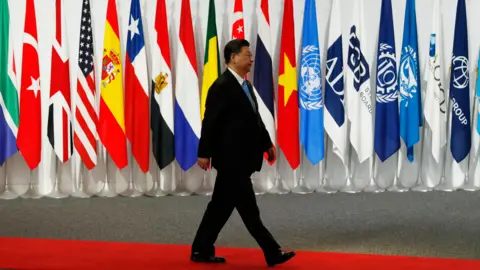Active since 2018, when China’s import bans of recyclables started to ripple through the industry, Western nations now face a crisis with growing landfills. As more waste is diverted from China, the United States specifically has seen a surge in waste generation, struggling with recycling less than 10% of its plastic. Complexities arise as contamination from food and mixed materials further complicate recycling efforts.
In this shifting landscape, Malaysia's bold rejection of plastic waste signifies both a response to international waste dumping and a call for better practices in waste management among industrialized nations. This represents not just a policy shift, but also a need for the U.S. to rethink its consumption and disposal approaches in the face of growing environmental scrutiny.
In this shifting landscape, Malaysia's bold rejection of plastic waste signifies both a response to international waste dumping and a call for better practices in waste management among industrialized nations. This represents not just a policy shift, but also a need for the U.S. to rethink its consumption and disposal approaches in the face of growing environmental scrutiny.




















